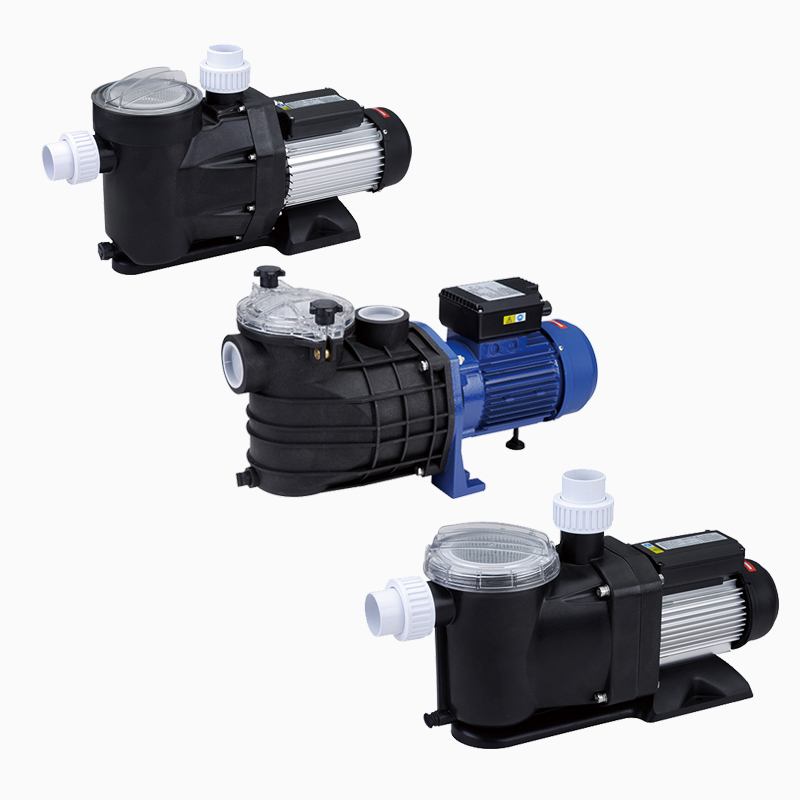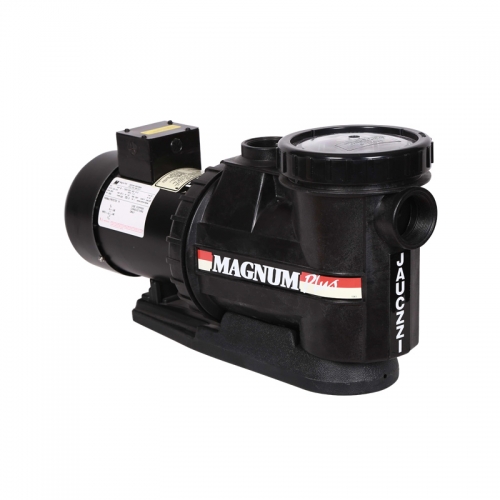Listen up, pool lovers! If you're thinking about upgrading your backyard haven but don't want to break the bank, used pool pumps might just be your golden ticket. Whether you're a seasoned pool owner or a newbie diving into the world of pools, understanding how these pumps work and where to find them can save you tons of cash. So, let’s dive right in and explore the ins and outs of used pool pumps, shall we?
Picture this: you're lounging by your pool, the sun is shining, and life feels pretty perfect. But then disaster strikes – your pool pump bites the dust. Now what? Replacing a pool pump can be a pricey endeavor, especially if you're opting for a brand-new model. That's where used pool pumps come into play. They offer a cost-effective solution without compromising on quality.
Before we dive deeper, let’s clear the air. Used pool pumps aren’t just for those on a budget. They’re also an eco-friendly option, reducing waste and giving a second life to equipment that still has plenty of juice left. So, whether you're motivated by saving green or going green, used pool pumps are worth considering. Now, let's get the scoop!
Read also:Kellita Smith Children
What Exactly Are Used Pool Pumps?
Alright, let’s break it down. Used pool pumps are exactly what they sound like – pumps that have been previously owned but are still in working condition. These pumps circulate water through your pool's filtration system, keeping it clean and clear. The beauty of used pumps is that they're often barely used, coming from pools that have been upgraded or decommissioned.
When you opt for a used pool pump, you're not settling for second best. Many of these pumps are from reputable brands and have been maintained meticulously by their previous owners. Plus, they often come at a fraction of the price of new models, making them a smart choice for savvy pool owners.
Why Consider Used Pool Pumps?
Let’s face it, buying new can be a wallet-buster. Used pool pumps offer several advantages that make them a compelling option:
- Affordability: You can save anywhere from 30% to 70% off the retail price of a new pump.
- Quality Assurance: Many used pumps are from top-tier brands like Hayward, Pentair, and Jandy, ensuring reliability and performance.
- Environmental Benefits: By choosing a used pump, you're reducing electronic waste and promoting sustainability.
- Tested Durability: Used pumps have already proven their mettle in real-world conditions, giving you peace of mind.
Where to Find the Best Used Pool Pumps
So, where do you start your hunt for the perfect used pool pump? Here are some top spots to check out:
- Online Marketplaces: Websites like Craigslist, Facebook Marketplace, and eBay are treasure troves for used pool equipment. Just make sure to vet sellers carefully.
- Local Pool Supply Stores: Some stores specialize in refurbished or lightly used equipment, offering warranties and guarantees.
- Online Auctions: Platforms like Bid on Equipment or GovDeals often list used pumps from government auctions or business liquidations.
- Community Forums: Joining pool enthusiast groups on Reddit or other forums can lead you to hidden gems and insider tips.
Tips for Buying Used Pool Pumps
Buying used can be a little intimidating, but with the right approach, you can score a fantastic deal. Here’s what you need to know:
First off, inspect the pump thoroughly. Look for signs of wear and tear, corrosion, or damage. Ask the seller for maintenance records if possible. This will give you insight into how well the pump has been cared for.
Read also:Siberian Fallen Angel
Next, test the pump if you can. If the seller allows, plug it in and see how it runs. Listen for unusual noises or vibrations that could indicate problems. And don’t forget to check the warranty status – some used pumps may still have manufacturer warranties intact.
Key Features to Look for in Used Pool Pumps
Not all used pool pumps are created equal. Here are some key features to keep an eye out for:
- Energy Efficiency: Variable speed pumps are the way to go if you want to save on energy costs.
- Horsepower: Make sure the pump has enough power to handle your pool’s size and filtration needs.
- Material: Pumps made from durable materials like stainless steel or high-grade plastic tend to last longer.
- Compatibility: Ensure the pump is compatible with your existing filtration system to avoid costly upgrades.
Common Mistakes to Avoid
Buying used pool pumps can be a bit of a minefield if you’re not careful. Here are some common mistakes to steer clear of:
Don’t jump at the first deal you see. Take your time to compare prices and conditions. Avoid pumps that have been sitting unused for too long, as they may have internal issues. And never skip the inspection process – it’s your best defense against buying a lemon.
How to Maintain Your Used Pool Pump
Once you’ve scored your used pool pump, it’s crucial to keep it in tip-top shape. Regular maintenance will extend its lifespan and ensure optimal performance. Here’s how:
- Regular Cleaning: Clear debris from the pump basket weekly to prevent clogs.
- Lubrication: Apply a silicone-based lubricant to O-rings and seals to prevent leaks.
- Check for Leaks: Inspect the pump housing for cracks or leaks and repair them promptly.
- Monitor Performance: Keep an eye on the pump’s pressure and flow rate to catch issues early.
DIY vs Professional Maintenance
Some pool owners prefer to tackle maintenance themselves, while others opt for professional help. If you’re handy with tools and have some pool experience, DIY maintenance can save you money. But if you’re unsure or dealing with complex issues, calling in a pro is always a safe bet.
The Cost Factor: Are Used Pool Pumps Worth It?
Let’s talk numbers. On average, a new pool pump can cost anywhere from $200 to $1,000 or more, depending on the brand and features. Used pool pumps, on the other hand, typically range from $50 to $500, making them a much more budget-friendly option.
But cost isn’t the only factor. Consider the pump’s condition, energy efficiency, and potential repair costs. A slightly more expensive used pump that’s in excellent condition may be a better investment than a cheaper one that needs frequent repairs.
Calculating Long-Term Savings
When evaluating the value of a used pool pump, think long-term. Energy-efficient models can save you hundreds of dollars annually on electricity bills. Plus, with proper maintenance, a quality used pump can last for years, maximizing your return on investment.
Environmental Impact: The Green Side of Used Pool Pumps
In today’s eco-conscious world, reducing waste is more important than ever. By choosing a used pool pump, you’re contributing to a more sustainable future. Not only are you keeping usable equipment out of landfills, but you’re also reducing the demand for new manufacturing, which has a significant carbon footprint.
How You Can Make a Difference
Encourage others in your community to consider used options for their pool needs. Spread the word about the benefits of refurbished equipment and support businesses that prioritize sustainability. Every small action adds up to a big impact.
Final Thoughts: Dive In and Save
There you have it, folks – the lowdown on used pool pumps. Whether you’re driven by budget constraints, environmental concerns, or a desire for quality gear, used pool pumps offer a winning solution. By doing your research, inspecting carefully, and maintaining your pump properly, you can enjoy a sparkling clean pool without spending a fortune.
So, what are you waiting for? Start your search today and transform your backyard oasis with a fantastic used pool pump. And don’t forget to share your success story with us in the comments below. Who knows, you might just inspire others to take the plunge!
Quick Recap
- Used pool pumps are cost-effective, eco-friendly, and often high-quality.
- Inspect carefully, test before buying, and check compatibility.
- Maintain your pump regularly to maximize its lifespan and performance.
- Consider long-term savings and environmental benefits when making your decision.
Now that you’ve got the scoop, go ahead and make a splash!
Table of Contents
- What Exactly Are Used Pool Pumps?
- Why Consider Used Pool Pumps?
- Where to Find the Best Used Pool Pumps
- Tips for Buying Used Pool Pumps
- Key Features to Look for in Used Pool Pumps
- Common Mistakes to Avoid
- How to Maintain Your Used Pool Pump
- The Cost Factor: Are Used Pool Pumps Worth It?
- Environmental Impact: The Green Side of Used Pool Pumps
- Final Thoughts: Dive In and Save


